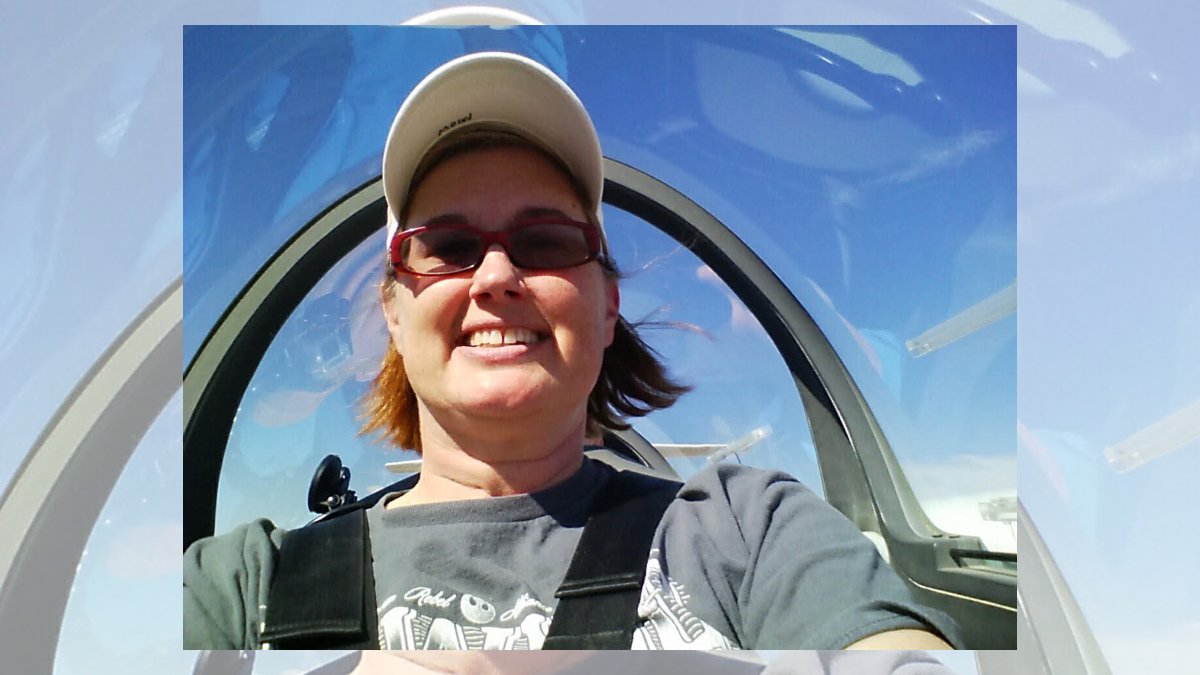SCVi Facilitator Ingrid Moon Inspires Deeper Learning through the Sciences

By Michael Niehoff
Education Content Coordinator, iLEAD Schools
Every teacher you meet will be able to argue why their core subject is foundational to success in life. Ingrid Moon, facilitator of IB Biology and physical science at SCVi Charter School, makes a compelling case for the role of science in inspiring deeper learning.
Moon suggests that science provides the foundation for all learners to be effective critical thinkers and to perform well in all subject areas. “We are born doing things with a scientific mind, but school has far too often discouraged this,” Moon said. “Think about things that every freshman needs to know — such as reading nonfiction, making claims, arguing from evidence, finding patterns in the world — and science teaches this.”
Moon breaks this down into specific academic skills, such as summarizing and note-taking — and explains how science allows learners to master these, ultimately setting the stage for other academic endeavors.
“Up through 8th grade, science is mostly about scientific inquiry,” Moon said. “But in high school, we are challenging them to really do scientific thinking and communication.”
The Next Generation Science Standards have had a major impact, according to Moon. “NGSS does a great job of challenging facilitators to come up with a real-world phenomenon to serve as a means for learners to access, discover and engage with science,” Moon said.
Learners in Moon’s classes have been challenged with projects that address real-world problems. Most recently, her learners have been creating ways to stop flesh-eating bacteria that cause victims immense pain and turn off their immune systems. Last year, she and her learners were ahead of COVID-19 when they were preparing plans on pandemic responses. They are also embarking on a study of cancer, specifically melanoma in a teenager as the case study.
“We use case studies as our anchor,” Moon said. “In this case, cancer becomes the vehicle for us to understand and access science.”
Moon said learners realize the universality of science and how problems are addressed in the world. She said whether her learners are looking at stopping polio in Afghanistan or eradicating rabies in Romania, they are realizing the impact of health crises.
“They realize that science has tremendous importance and impact, whether political, cultural, social, environmental, technological or economic,” Moon said.
Moon also acknowledges the challenges of the current distance learning environment, while simultaneously continuing to see the impact of technology on learning potential.
For example, Moon is thrilled that SCVi and iLEAD have supported things such as PhET Simulations from the University of Colorado Boulder, as well as Labster, a virtual and interactive online laboratory that partners with higher education leaders, including MIT and Harvard, to create hundreds of simulations.
“With these tools, learners feel like they’re in a real professional lab,” Moon said.
In the end, Moon said she’s doing everything she can both technologically and creatively to keep things fresh for the learners. “I scour the internet for anything and everything,” she said. “I use YouTube, including content from NileRed and NASA’s Mark Rover.”
iLEAD Schools’ Director of Humanities and Innovation Angie Nastovska said that Moon is not only a single-subject expert but also a cross-disciplinary educator. “Her classes are where magic happens,” Nastovska said. “Her learners inquire continuously, make real connections, dig deeper, learn from mistakes and ultimately become real-world problem-solvers.”
Nastovska and others say that Moon’s approach to science is much needed in our complex world. Nastovska said Moon models that science is how we live life, rather than some subject or discipline that happens behind closed doors.
“Learners begin to engage their communities — families, friends, neighbors — in conversations and inquiry about what’s going on in the world and how we can address challenges,” Nastovska said. “Her learners take their education everywhere they go.”
SCVi Upper School Director Nicole Padovich sees daily how Moon is able to use science to help learners improve critical thinking skills. Padovich said that Moon has an innate ability to discover where learners are and to help them bring their individual interests into science.
“Her passion shines through her engagement with the learners,” Padovich said. “I believe it is because of her real-world background that she is able to keep science relatable and engaging.”
For Moon, it’s about creating as many scientifically trained minds as possible to address many needs in the world. “We have to find a way to reignite this innate scientific passion that teenagers often lose,” Moon said. “I want my students to be curious about their world.”

